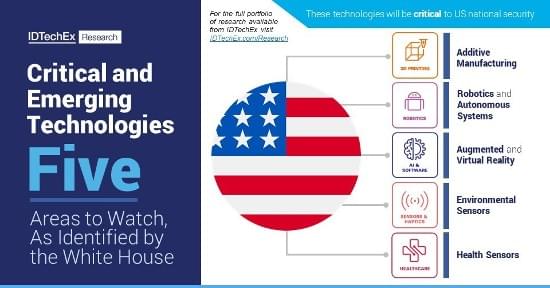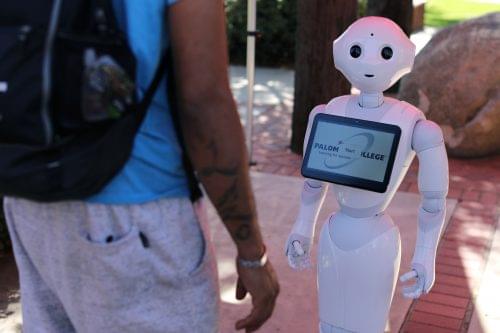Concerned about the war Ukraine? You’re not alone. Historian Yuval Noah Harari provides important context on the Russian invasion, including Ukraine’s long history of resistance, the specter of nuclear war and his view of why, even if Putin wins all the military battles, he’s already lost the war. (This talk and conversation, hosted by TED global curator Bruno Giussani, was part of a TED Membership event on March 1, 2022. Visit http://ted.com/membership to become a TED Member.)
Visit http://TED.com to get our entire library of TED Talks, transcripts, translations, personalized talk recommendations and more.
The TED Talks channel features the best talks and performances from the TED Conference, where the world’s leading thinkers and doers give the talk of their lives in 18 minutes (or less). Look for talks on Technology, Entertainment and Design — plus science, business, global issues, the arts and more. You’re welcome to link to or embed these videos, forward them to others and share these ideas with people you know.
Become a TED Member: http://ted.com/membership.
Follow TED on Twitter: http://twitter.com/TEDTalks.
Like TED on Facebook: http://facebook.com/TED
TED’s videos may be used for non-commercial purposes under a Creative Commons License, Attribution–Non Commercial–No Derivatives (or the CC BY – NC – ND 4.0 International) and in accordance with our TED Talks Usage Policy (https://www.ted.com/about/our-organization/our-policies-term…e-policy). For more information on using TED for commercial purposes (e.g. employee learning, in a film or online course), please submit a Media Request at https://media-requests.ted.com




